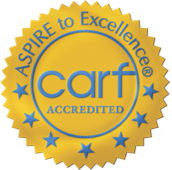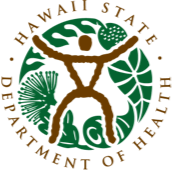Frequently Asked Questions
How much does treatment cost?
Your insurer may cover some or all of the cost of treatment. Depending on your carrier and policy, you may be responsible for the deductible and there may also be a co-pay. The cost of treatment is dependent on the length of stay and the level of care that is deemed medically necessary to support your recovery.
How can I verify my insurance?
What is detoxification, or “DETOX”?
What are the benefits of flying away from home for treatment?
What is the length of stay?
How can I deal with trauma / PTSD?







